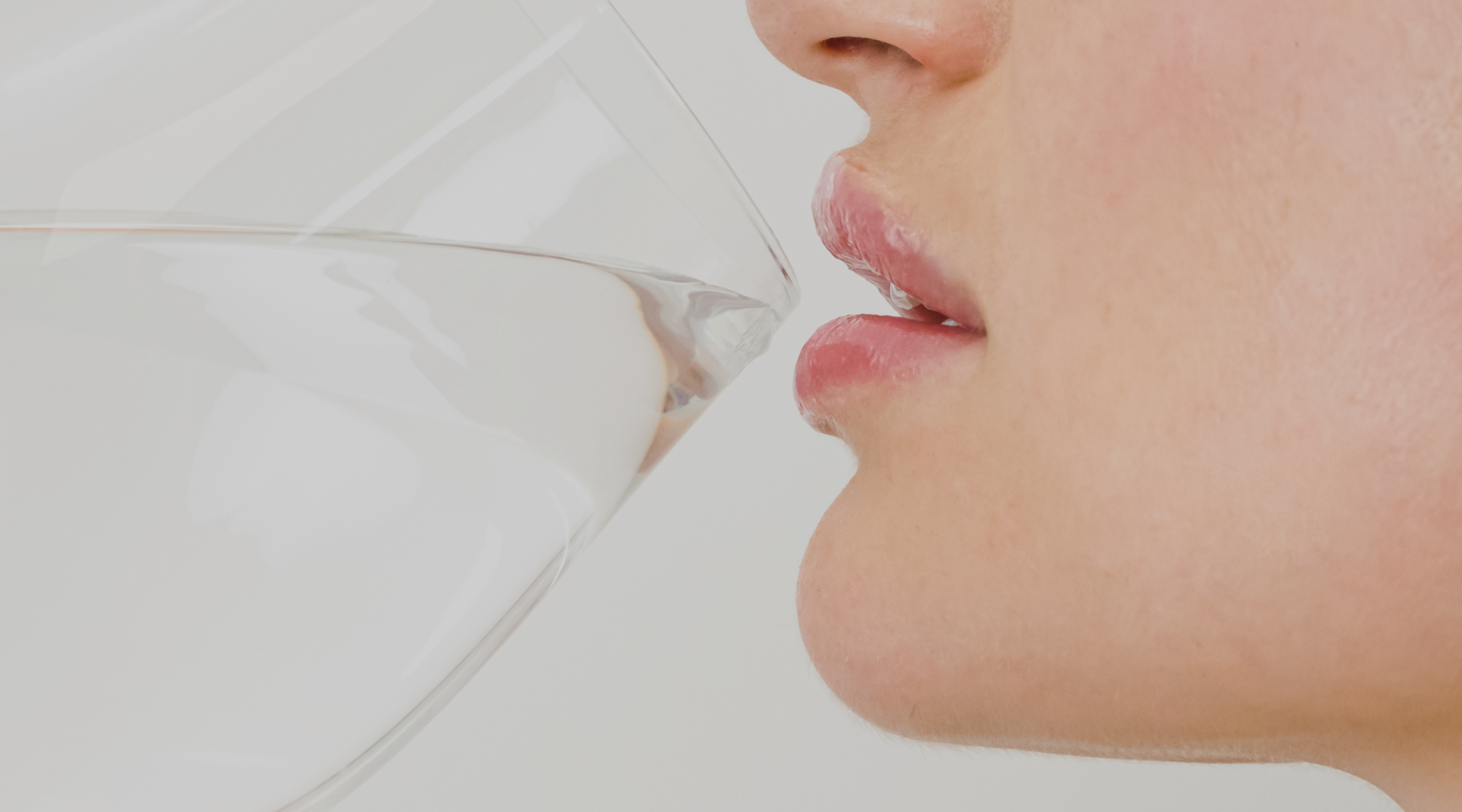
Electrolytes: Everything You Need to Know
Listen, we get it: the days are hot, you’re trying to stay hydrated, and you think that buying a sports drink with electrolytes is the right thing to do. But is that really helping you stay hydrated with all that sugar? First and foremost, it is essential to understand what electrolytes are.
WHAT ARE ELECTROLYTES?
Electrolytes are the charged substances that result from when a salt is dissolved in solution. These positively charged ions can conduct electricity and are therefore called “electrolytes. “ For example, common table salt is sodium chloride. When dissolved in water, it separates into a positively charged sodium ion and a negatively charged chloride ion. For humans, essential electrolytes for physiological functions include sodium, potassium, magnesium, and chloride.
These electrolytes are involved in countless activities essential for life, including energy production, nerve transmission, muscle contractions, pH balance, fluid balance, and more. The human body, a powerful machine, has its reserves of electrolytes to maintain balance.
The problems arise when we put ourselves in situations threatening this balance. Under average conditions, healthy individuals will meet their electrolyte requirements over the course of a typical day by eating the right foods and staying well-hydrated.
When conditions promote excessive sweating and increased metabolic activity, and there is marginal electrolyte intake, there is a risk for deficiency. Today, we are faced with many challenges. Our soil is significantly depleted of minerals, especially magnesium. Some people consume too much table salt, which can cause an electrolyte imbalance. If you are consuming too much coffee or alcohol and not replenishing with more water, you can experience symptoms of dehydration, including headaches, dizziness, and joint pain.
SODIUM AND CHLORIDE
They are the major extracellular electrolytes in the human body, sodium providing the positive charge and chloride the negative charge. In addition to providing balance to one another, these ions are essential for maintaining blood volume and pH. Sodium and chloride are the main electrolytes lost in sweat, especially during prolonged exertion in warm and hot environments. Eating solid food is an effective way of replacing these minerals, but it may not always be possible. Adding sodium and chloride to the water while training will help replace the loss of electrolytes and maintain adequate blood volume and hydration.
POTASSIUM
For the body to function normally, we need a delicate balance between sodium and potassium. Although potassium is not readily lost in sweat, prolonged sweating in hot environments does lead to potassium loss, which can adversely affect blood flow, muscle function, and energy storage.
MAGNESIUM
Magnesium is responsible for transporting calcium and potassium, DNA and protein synthesis, energy metabolism, and blood sugar maintenance. It is also crucial for normal neurological and muscular function, including fundamental movement in cardiac and smooth muscle contractions. The American diet is very deficient in magnesium. When food is refined, all magnesium is lost. Moreover, our soil today does not contain enough magnesium.
Sports drinks are to be avoided at all costs. They are loaded with sugar and sodium. Do not be fooled by glitzy marketing claiming increased energy and improved athletic performance. This is false information. Leading brands of sports drinks on the market typically contain as much as two-thirds the sugar of sodas and more sodium. They also contain high-fructose corn syrup, artificial flavours and food colouring. These are all toxic to our bodies. If you are exercising to lose weight, consuming sports drinks is counterproductive as they are usually loaded with calories. The effect on the body is horrific as you may experience a quick explosion of energy followed by a plummeting disaster, as your pancreas and other glands do all they can to balance out the toxic stimulation to your blood sugar.
Coconut water is a great drink to keep your electrolytes in check. It contains magnesium, manganese, potassium, calcium, and sodium. Research says that coconut water may help to naturally balance blood sugar levels, prevent kidney stones, reduce blood cholesterol and reduce blood pressure levels. Of course, adding more fresh vegetables and fruits to your diet and staying hydrated is the way to go. When you eat a more alkaline diet (raw and not processed), you can maintain electrolyte balance so your body functions properly and does not have to worry. Stay away from processed foods that do not benefit your cells, and always make sure to have water on hand. When you feel that you have had too much caffeine or alcohol, be aware that you must replenish those lost electrolytes by drinking more water!
To make life easier, you can also purchase some good-quality trace minerals and add some drops to your water when you know that you need them. Both these and coconut water are always available at your local health food store.
Until next time,
Frances










Leave a comment